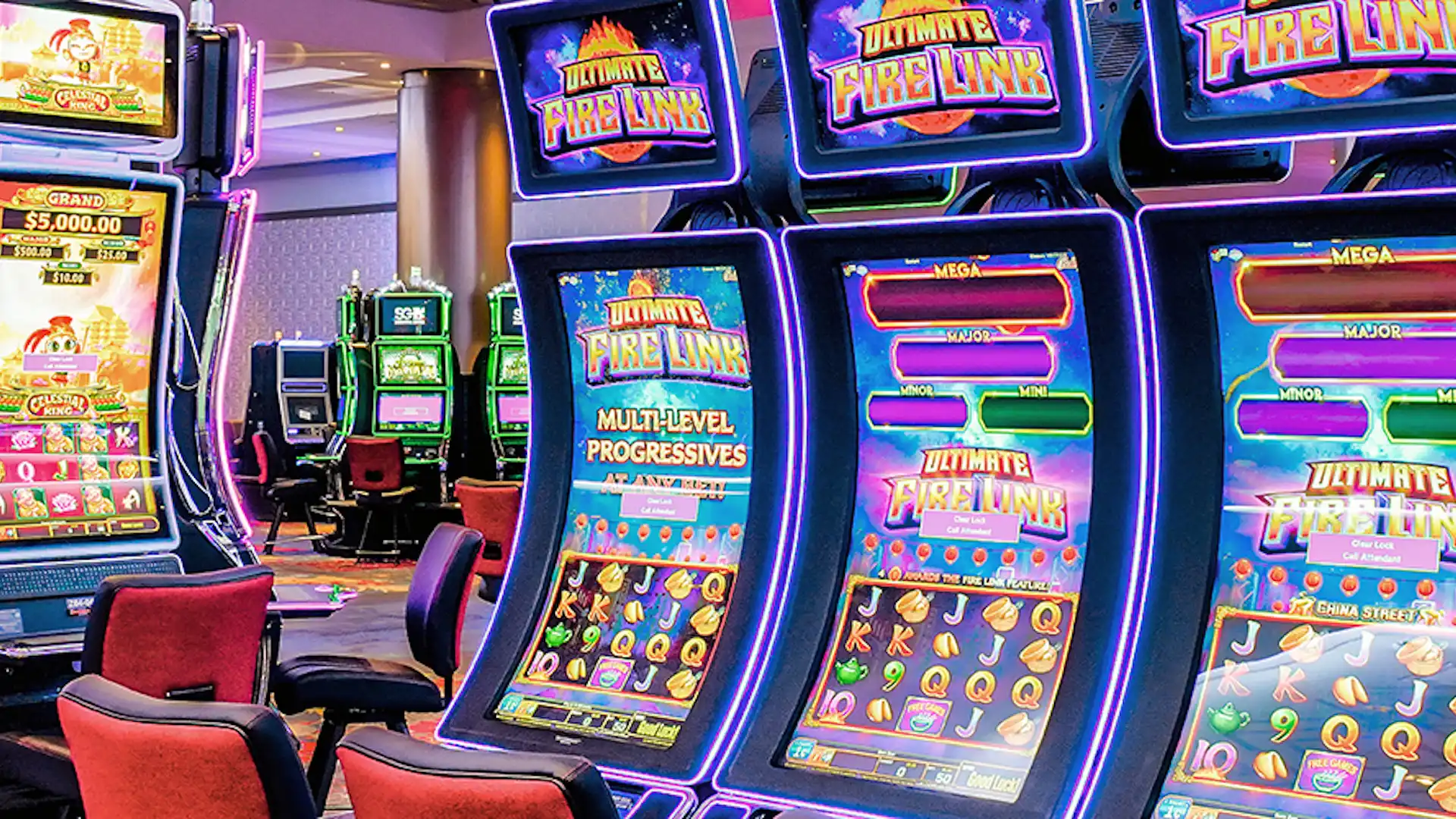
Upon stepping into the vibrant universe of gambling, gamblers are often met by a storm of thrill and vitality. From the spinning roulette game to the dealing of deck in the popular card game, the setting is vibrant. Nonetheless, for many beginners, finding your way through the numerous gaming options can be overwhelming. Grasping the unique terminology used in these games is crucial for enhancing your experience and making wise decisions at the gaming tables.
Games of chance come with their own distinct set of words that can be both fascinating and, at times, intimidating. Familiarizing yourself with terms like "wagering amount," "profitable," or "house edge" can significantly improve your performance and allow for a more enjoyable experience. This manual intends to explain the vocabulary of casino games, helping both neophytes and veteran players feel more at home in the exhilarating environment of casinos. Whether you are looking to take a chance at a poker machine or challenge yourself at a table, getting acquainted with the terminology will undoubtedly be advantageous.
Common Gambling Terms
When exploring the realm of casino games, a good understanding of the terminology can enhance your engagement and optimize your performance. One of the most used expressions is "house advantage," which denotes the statistical advantage that a gambling house has over the gamblers. This edge guarantees that, over time, the casino will consistently make a profit from the activities. It differs by type of game; for instance, slot machines typically have a larger house edge in comparison to games like 21 or Texas Hold’em, where tactics can lower the house’s advantage.
Another important term is "wagering limit." This refers to the minimum and highest amounts that players can bet on a certain activity or table. Wagering limits are designed to ensure that gaming remains fun and within the budget of all players. Comprehending the betting limits is crucial for gamblers to oversee their finances wisely. Regardless of whether you are a big spender or like smaller bets, knowing the limits can affect your strategy and overall satisfaction.
Lastly, the term "winning amount" is crucial when discussing casino games. Payout indicates the amount of money a gambler can expect to receive when successfully betting on a wager, often stated as a proportion or percentage of the initial wager. Different games have diverse payout structures, and discovering how they function can assist gamblers in deciding wisely about where to place their wagers. It is crucial to seek activities with favorable payouts to enhance chances of winning while relishing the excitement of the gaming scene.
Game-Specific Jargon
Each casino game features a specific group of terms that players utilize to communicate strategies, results, and game aspects. For example, in blackjack, the term "bust" indicates a participant going over a sum of 21, resulting in an immediate failure. Players frequently use phrases like "hit" as they ask for another card and "stand" when opt to hold onto their current hand. Understanding these phrases is essential for novice players to navigate the game effectively and engage in discussions with more experienced participants.
In poker, you will come across terminology that can be very particular to the form being played. Phrases such as "flop," "turn," and "river" refer to the shared cards dealt in the Texas Hold’em variant. A "bluff" indicates deceiving opponents regarding the strength of one’s cards, while "all-in" refers to a player betting their full stack of chips. Being familiar with these phrases is vital to participating in the game and offers players an edge when it comes to strategy and wagering strategies.
Slot machines, while simpler than traditional games, contain their terminology as well. Terms like "payline" and "reels" describe the basic features of the game. A "jackpot" signifies the highest payout a player can win, often achieved through a exceptional combination of symbols. Participants may also consider "bonus rounds" as unique features in the game which may enhance payouts or provide additional gameplay chances. Familiarity with this language can improve the pleasure and understanding of slot machines.
Betting and Payouts Vocabulary
Grasping the language related to betting and winnings is essential for navigating casino activities. Betting refers to the process of placing a wager on the outcome of a game. Each game has its specific minimum and maximum bet limits, which can vary greatly depending on the establishment and kind of activity. Knowing these thresholds can help gamblers control their funds effectively and choose games that suit their gambling approach.
Winnings are what players receive when they succeed a wager, and understanding the reward system is crucial for making smart gambling choices. Different casino activities have different payout rates, often expressed in units of probabilities or rates. For example, slot machines may provide set winnings, while gaming tables like 21 might have more complex reward systems based on the type of wagers placed. Getting accustomed with these structures can improve the gambling journey and plan for best results.
Terms like casino advantage and RTP also play a vital role in the comprehension of payouts in casino games. The casino advantage represents the casino’s built-in edge over players, influencing long-term winning potential. On the other hand, RTP, often abbreviated as RTP, indicates the percentage of wagered money that a activity is intended to return to players over time. These concepts help players make smarter decisions about where to put their wagers and understand the probabilities they are facing.
top online casinos